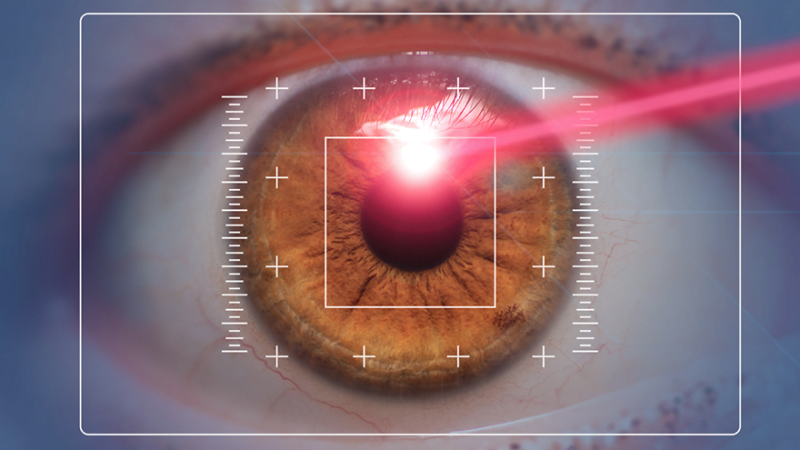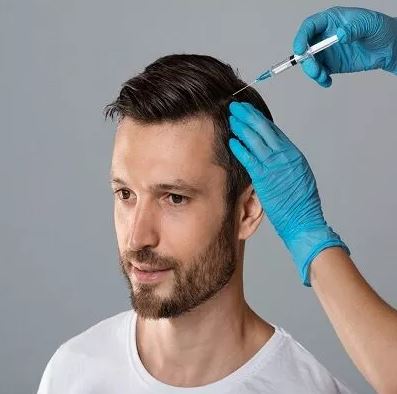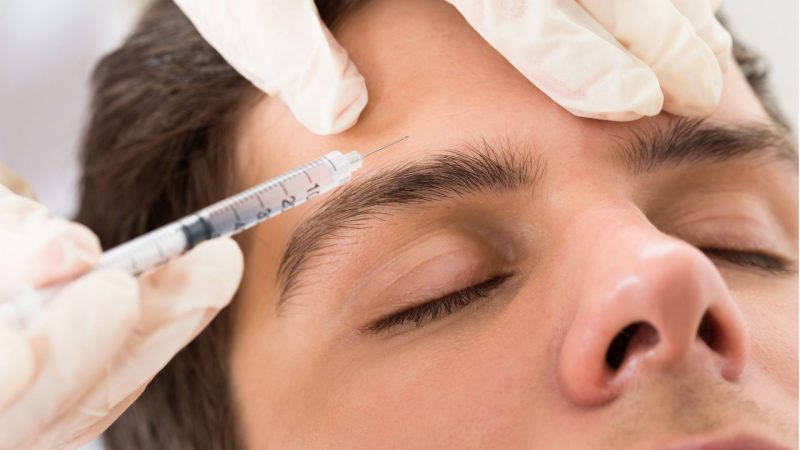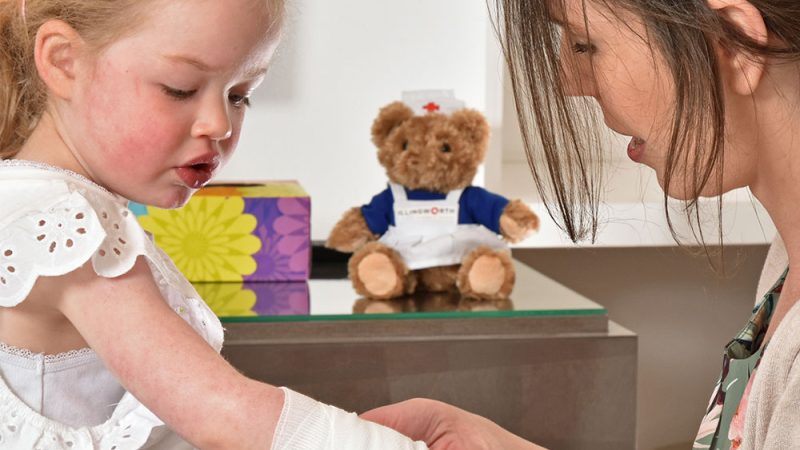A Restful Night’s Rest
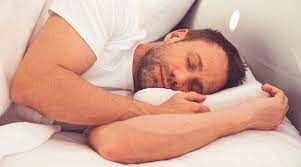
You want to get a good night’s sleep, just like Edward. Blue Zopiclone 7.5 mg You can maintain your health and alertness by getting adequate sleep. But a lot of older folks have trouble sleeping. It might be time to contact a doctor if you constantly feel sleepy or if you struggle to get enough sleep at night. Being exhausted every morning is a symptom that you are not getting enough sleep.
Sleep and aging:
A bedside clock
Folks of all ages require 7 to 9 hours of sleep per night, including older adults. But compared to when they were younger, older adults typically go to bed and wake up earlier.
Older folks may struggle to get enough shut-eye at night for a variety of reasons. It can be challenging to fall asleep if you’re sick or in discomfort. Some drugs may cause you to stay awake. Whatever the cause, if you don’t get a restful night’s sleep, you might:
-Be agitated. -Be forgetful or have memory issues. Feeling down? Having more slips, trips, or accidents?
Have a restful night’s sleep.
infographic icon for a restful night’s sleep. For the complete text, click through.
To learn how to get a good night’s sleep, read and distribute this infographic.
You don’t have to be perpetually exhausted just because you’re older. Numerous actions can be taken to aid in sound sleep. Here are a few concepts:
Keep a consistent sleeping routine. Even on weekends or when you are travelling, go to bed and rise at the same hour every day.
If you can, try to avoid taking naps in the late afternoon or evening. You might not sleep well after a nap.
Construct a bedtime schedule. Spend some time unwinding before retiring for the night. Some people unwind by reading a book, taking a warm bath, or listening to calming music.
-Avoid using your computer, phone, or tablet or watching television in your bedroom. You can have trouble falling asleep due to the brightness of these devices. Horror movies and other frightening or upsetting television or film may keep you awake at night.
-Maintain a calm environment and a comfortable room temperature in your bedroom.
-As you get ready for bed and in the evenings, use dim lighting.
Exercise regularly during the day, but not within three hours of going to bed.
Avoid eating a big dinner right before bed because it may keep you awake.
-Avoid consuming caffeine in the evening. Coffee, tea, soda, and chocolate all contain caffeine, which might help you stay awake.
-Keep in mind that drinking won’t induce sleep. It is challenging to stay asleep, even with small dosages.
Insomnia is more common in older adults:
The most common sleep issue among people 60 and older is insomnia. These conditions make it difficult for the affected individuals to fall and stay asleep. Daytime sleepiness might linger for weeks, months, or even years. If you have problems falling asleep, you may:
Take a while to fall asleep; wake up frequently during the night; awaken early and find it difficult to get back to sleep; wake up exhausted; feel drowsy during the day.
It often becomes a habit to have trouble falling asleep. Even before they get into bed, some people worry about not getting enough rest. This could make it more difficult to get to sleep and stay asleep.
Elderly people who have difficulty falling asleep may use over-the-counter sleep aids. Some people may take prescription sleeping aids. Short-term use of these zopiclone 10 mg medications may be beneficial.
Creating healthy nighttime routines may aid in ensuring that you have a restful night’s sleep.
Apneic sleep:
People who have sleep apnea experience brief breathing pauses while they are asleep. These breaks could occur several times throughout the night. Sleep apnea can cause other issues, including high blood pressure, stroke, or memory loss, if it is not treated.
You might not even be aware that you have sleep apnea. The symptoms of sleep apnea include daytime sleepiness and loud snoring at night, among others.
Consult a physician who can handle this sleep disorder if you believe you have sleep apnea. It could be necessary for you to learn how to sleep with your airways open. People with sleep apnea almost always respond favourably to treatment using a CPAP machine. Surgery or a dental gadget might also be helpful.
Sleep and Movement Disorders:
Older persons frequently experience restless legs syndrome, periodic limb movement disorder, and rapid eye movement sleep behaviour disorder. You may not get the rest you need if you have certain movement disorders.
RLS, also known as restless legs syndrome, causes one or both legs to feel as though they are tingling, crawling, or have pins and needles. At night, this sensation is harsher. For further information about medications to treat RLS, consult your doctor.
People with periodic limb movement disorder, or PLMD, wake up every 20 to 40 seconds to jerk and kick their legs. Warm baths, exercise, medication, and breathing exercises can all be beneficial.
Another issue that may make it more difficult to get a restful night’s sleep is rapid eye movement sleep behaviour disorder, or REM. Your body remains still during typical REM sleep because your muscles are unable to move. However, REM sleep behaviour disorder causes your muscles to be able to move while you sleep and disturbs your sleep.
Alzheimer’s and Sleep: A Particular Issue
A person’s sleeping patterns can vary as a result of Alzheimer’s disease. Some Alzheimer’s patients sleep excessively, while others don’t get enough sleep. Some people frequently wake up in the middle of the night, while others wander or yell.
Not just those with Alzheimer’s disease have trouble sleeping. Having sleepless nights can make caregivers drained and unprepared for the difficulties they encounter.
Take the following actions if you are a caregiver for someone who has Alzheimer’s disease to make them safer and to improve your quality of sleep at night:
Make sure there are no things on the floor.
Keep any medications secure.
Add grab bars to the restroom.
scaffold the stairs with a gate.
Safe Sleep for Seniors:
Try to provide a comfortable and safe sleeping environment. Ensure that your home has smoke alarms on every floor. Lock all exterior doors and windows before retiring to bed. Other suggestions for a sound night’s rest include:
-Have a lamp nearby that is simple to turn on. Keep a phone with emergency numbers beside your bed.
-In case you are thirsty while sleeping, have a glass of water by the bed.
-Avoid smoking, particularly in bed.
-To avoid tripping if you get out of bed in the middle of the night, remove the area rugs.



